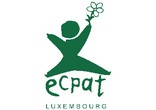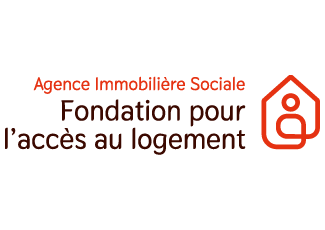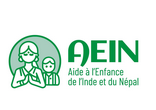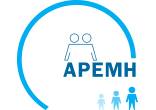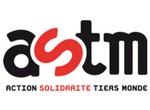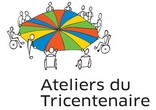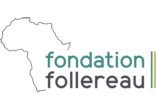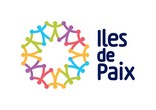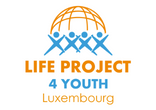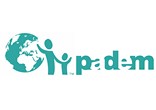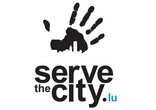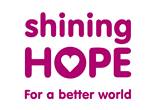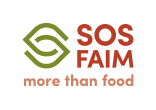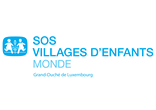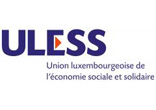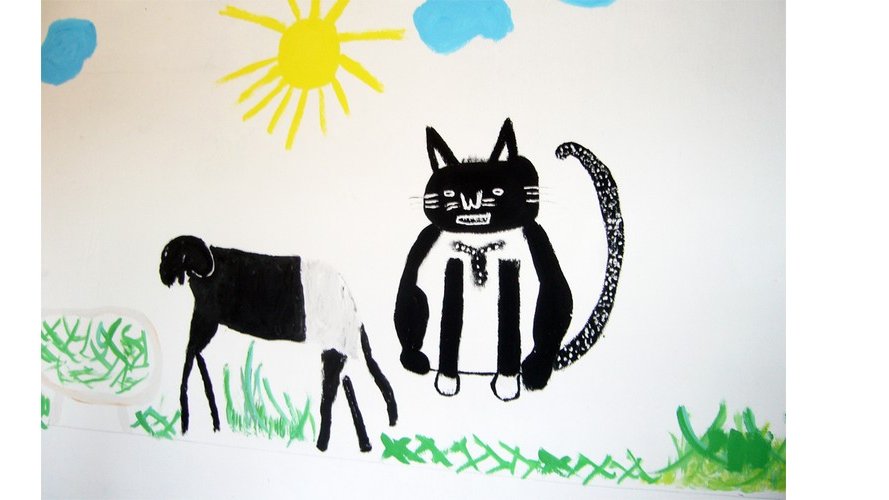
Mind the ignorance !
Migrant humanitarian crisis is still going on as the political and social systemic causes induce the mass evasion from countries like Libya, Syria, Somalia, Afghanistan and from many others disrupted regions on planet.
War, extreme poverty and various forms of oppression force people to flee in the hope to find peace, security, and better living conditions for their children and themselves. In 2015, Greece became the gateway to Europe for hundreds of thousands of refugees and migrants fleeing war, violence, and persecution. In the hope of finding safety, these distress migrants risked beatings, abuse, rape, detention, and death. Of the approximately 1.2 million migrants passing through Greece since 2015, almost 480,000 have been children. Experts are unanimous when they say that the huge number of children involved in migrant crisis is on a scale comparable only to the flight of population triggered by World War II.
European countries were not all prepared with the mass exodus rushing to the European countries. It can be seen as a huge stress test for all stakeholders operating in the child protections sector across Europe. Although the 1989 UN Convention on the Rights of the Child (CRC) ratified by the European countries calls for the protection of all children, including those seeking asylum or without a regular migration status, the sheer magnitude of this crisis has critically strained child protection systems in so many European countries. System failures have had a particularly dramatic impact on the safety and well-being of unaccompanied minors. Despite numerous efforts to provide aid and assistance by the European Union, international organizations, and national governments, children continue to face many of the same hazards and risks as adults. In addition, as children are intrinsically more vulnerable, they are at a higher risk succumbing to violence, physical and sexual abuse, labour and sexual exploitation, and to the extortionate services of smugglers, and the predatory exploitation of a flourishing human trafficking industry.
Having drained all their financial resources, migrants (adults and unaccompanied children) start seeking alternative ways—whether legal or illegal— to earn money either to survive or to pay smugglers for their onward journeys. The failure of institutional child protection systems force children to enter into a commoditized relationship in which sexual acts are exchanged for basic needs, food, clothing, or shelter. This is considered to be one of the worst manifestations of abuse/exploitation in a society. From the perspective of international law, all children (under the age of 18 years) engaged sexual activities, whether by consent or not, are victims of sexual exploitation, as they are not considered legally capable of providing genuine consent.
The study called “emergency within an emergency” published by the Francois-Xavier Bagnoud (FXB) Center for Health analysed the risk factors responsible for the exposure of migrant and refugee children to physical, psychological, and sexual violence and exploitation in Greece in the context of the ongoing migrant humanitarian crisis. “The findings confirm that the hidden and criminal nature of the exploitation of migrant children complicates prevention efforts, jeopardizing traditional safety nets and aggravating the deficits of an already inadequate child protection system”. One of ECPAT Luxembourg’s partners in India is the NGO François-Xavier Bagnoud India. The common project aims to prevent human trafficking in Manipur State in the North-East of India.
The report highlights the following six major risk factors :
- insufficient number of specialized facilities for children ;
- risky living conditions inside camps ;
- hazardous and unsupervised commingling of migrant children with the adult migrant population ;
- weak and insufficiently resourced child protection systems ;
- lack of coordination and cooperation among responsible actors ;
- an inefficient and radically inadequate relocation scheme.
In particular, it analyses five key aspects related to the commercial sexual exploitation of migrant children :
- prevalence of the phenomenon ;
- profile of the victims ;
- mechanisms of recruitment and victimization ;
- role of purchasers of migrant child sex ;
- impact of the exploitation on the victims.
For the year 2015, 2,447 applications for international protection have been registered at the Directorate of Immigration of the Ministry of Foreign and European Affairs. 2,034 applications were registered during the year 2016. Regarding their precarious status and social situation, those minors could be easily victims of sexual exploitation here in Luxembourg.
ECPAT Luxembourg stands for a world without sexual exploitation of children and advocates for an immediate and urgent need for substantially improved or optimised child protection policy and practice, including recruiting and training qualified staff and improving coordination and case management.
And for those you witnesses cases of sexual exploitation of children, ECPAT Luxembourg claims for more moral courage : do not look away but report what you have seen to national or international authorities.
Communiqué par ECPAT


